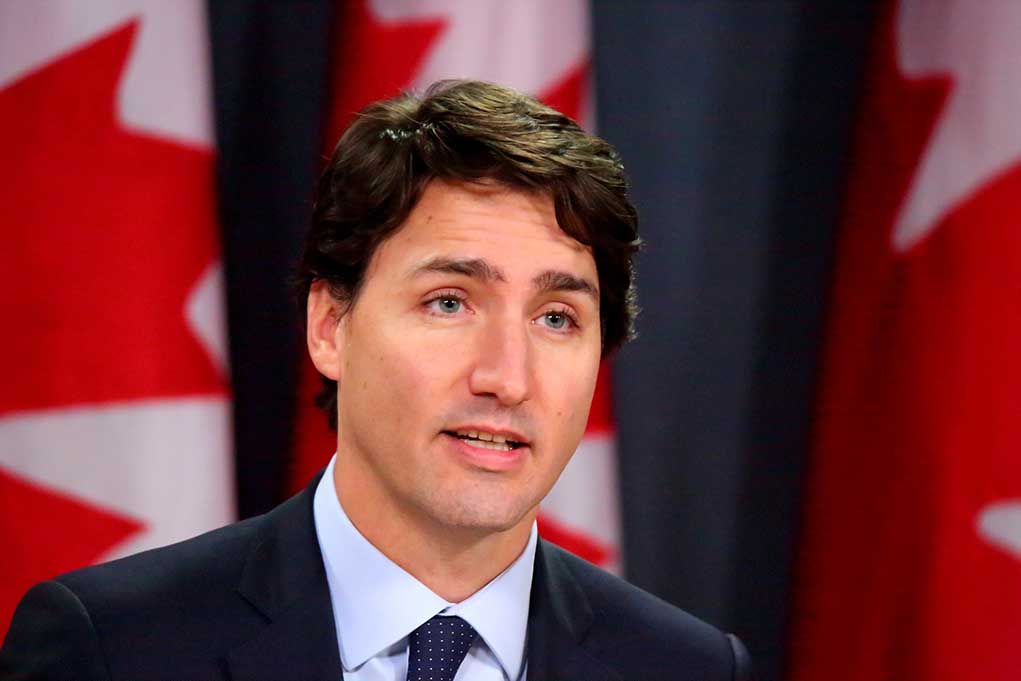Trudeau’s Resignation: What Does It Mean for Canada’s Election Future?

Canadian Prime Minister Justin Trudeau announces his resignation, throwing the country’s political landscape into turmoil ahead of upcoming elections.
At a Glance
- Trudeau resigns as Liberal Party leader and Canada’s Prime Minister
- Resignation follows internal party pressure and declining popularity
- Parliament prorogued until March 24, new leader selection process unclear
- Conservative Party leading in polls, possibility of early federal election
- Trudeau’s decision impacts Canada’s political future and upcoming elections
Trudeau’s Unexpected Departure
In a sudden turn of events, Canadian Prime Minister Justin Trudeau has announced his resignation as leader of the Liberal Party and as Canada’s Prime Minister. This decision comes after weeks of mounting pressure and marks the end of Trudeau’s tenure since 2015.
The resignation follows a decline in Trudeau’s popularity and internal party pressure. Recent polls show the Liberal Party trailing behind the Conservative Party, indicating a shift in public sentiment. Trudeau has requested the governor general to prorogue Parliament until March 24, effectively suspending proceedings without dissolving it.
#BREAKING – JUSTIN TRUDEAU: "I intend to resign as [Liberal] Party leader, as Prime Minister [of Canada] after the party selects its next leader."Replacement elections to happen in the near future.
"If I'm having to fight internal battles, I cannot be the best option." pic.twitter.com/HPAh6FJHlT
— Eric Daugherty (@EricLDaugh) January 6, 2025
Leadership Transition and Political Implications
The Liberal caucus aims to select a new leader by the end of the prorogation period. However, the selection process remains unclear, as Canadian federal party leaders are typically chosen over several months through a leadership convention. Trudeau has mentioned a “robust, nationwide, competitive process” for selecting the new leader, but details are yet to be finalized.
This resignation raises significant questions about the Liberal Party’s future leadership and management of an impending federal election. The Liberals currently hold 153 out of 338 seats in the House of Commons, 17 seats short of a majority. This precarious position necessitates support from other parties to maintain power.
Conservative Advantage and Potential Early Election
Current polls suggest the Conservative Party would win decisively if an election were held today. The Conservatives have been attempting to trigger an election by proposing no-confidence votes. If such a vote succeeds, the government is expected to resign or dissolve parliament, leading to an election.
The political landscape is further complicated by recent events. Deputy Prime Minister Chrystia Freeland’s resignation last month, citing disagreements with Trudeau on handling Trump’s tariff threats, which has added to the political tension. Trump’s proposed tariffs on Canadian and Mexican goods have become a contentious issue, with Trudeau’s recent visit to Trump at Mar-a-Lago and subsequent social media interactions drawing criticism.
Public Opinion and Party Support
Trudeau’s popularity has been declining due to various factors, including inflation and political instability in Canada. A recent Angus Reid survey shows the Liberal Party’s support has dropped to an all-time low of 16%. This significant decline in public approval has undoubtedly contributed to the current political upheaval.
As Canada navigates this unexpected transition, the coming weeks will be crucial in determining the country’s political future. The selection of a new Liberal Party leader and the possibility of an early federal election will shape Canada’s policy directions and international relations in the months to come.








